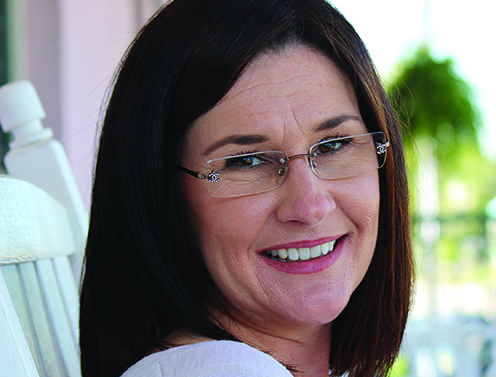By Darcie Lunsford
Experts and historical data aside, no one really has a crystal ball for timing the real estate market.
And, arguably, in the President Trump era, with the verbal war on trade pacts that fill local buildings with multinational tenants, rising interest rates and tax reform approaches that could nix deductions and write-offs for commercial real estate owners, the timing game is more challenging this year.
Despite the overhanging uncertainty, office investment conditions largely should remain stable through the rest of the year, according to the Marcus & Millichap U.S. Office Investment Forecast.
The forecast’s widely watched investment index measures year-over-year changes in employment, new construction, leasing velocity and other key economic drivers of the nation’s top 46 office markets to sort out the best places for office investment.
The report says: “Current investor sentiment reflects a cautious outlook, as a widening bid-ask spread has slowed transaction velocity. Highly amenitized CBD [central business district] deals appear to generate less interest than in previous years, reflecting heavier construction volume in many downtowns and slowing CBD growth.”
This year’s index winners are the tech strongholds of San Jose and San Francisco in California, Seattle-Tacoma, and Portland, Oregon. Boston follows, jumping seven spots from its 2016 ranking, thanks to double-digit rent growth and high occupancy levels.
Raleigh, North Carolina, made its debut on this year’s index as the eighth best metropolitan area to invest in after 23,300 new workers were added to local payrolls in 2016 with another 26,500 jobs forecast to be added this year. Corporate growth paired with a restrained development pipeline is putting the area on the map as one of the nation’s top 10 locations for office buyers.
“The convergence of a highly educated and skilled workforce, low taxes and synergy among tech firms has drawn companies to the Raleigh metro,” the report explains.
In South Florida, the Fort Lauderdale area moved up six spots on the index, propelled by an anticipated 4.3 percent growth in total jobs with 36,000 new jobs expected to be added this year, compared to the 30,100 added last year. Office rents are forecast to rise another 5.7 percent this year, down from a 7.6 percent increase in rents last year.
Palm Beach County’s index ranking fell one spot to become the nation’s 30th-best office investment place. Local payrolls are expected to increase by 15,200 new jobs this year, compared to 7,600 jobs gained last year. Office rents are predicted to grow 4.3 percent, compared to 3.4 percent in 2016.
While still the most desirable and highest ranked of all the South Florida counties, Miami-Dade’s index ranking toppled six spots this year, landing it at 11th. The drop was a function of more dynamic markets surging ahead on this year’s index. Miami-Dade employment is expected to grow 2.2 percent this year, gaining about 25,000 jobs, compared to the 21,800 created last year, the report says. Office rent, which grew by 7.6 percent in 2016, is predicted to rise another 6.7 percent this year. Investors are likely to continue to focus on the suburban markets of Kendall and west of Miami International airport.
“In the CBD, there is a lot of new supply in downtown and along Brickell, so the suburban markets are more in favor now,” says Alex D. Zylberglait, senior managing director of investments at Marcus & Millichap in Miami.
Global, political and economic apprehensions, are making many buyers leery of overspending on pricey assets, he says.
“There is certainly an uneasiness about what is going on,” Zylberglait says. “The fundamentals are still very strong, so I think investors are just being more picky, a little less aggressive and more conservative.”
According to the report, technology-driven San Jose will be the nation’s office-buying hot spot this year, knocking last year’s No. 1, San Francisco, to third place. ↵
Freelance writer Darcie Lunsford is a former real estate editor of the South Florida Business Journal. She is the senior VP for leasing at Butters Group and is avoiding a conflict of interest in her column by not covering her own deals.














